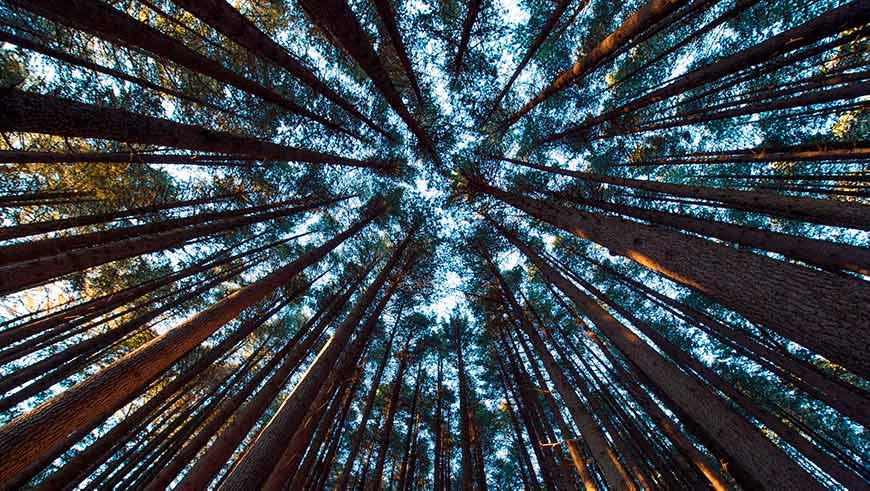Carbon markets are trading systems through which countries, businesses, individuals or other entities buy or sell units of greenhouse gas emissions.
But often, the rights of these communities have not been secured, putting their well-being at risk — and threatening the future of carbon markets.
Meanwhile, the voluntary carbon market, which enables companies and people to buy carbon offsets as part of corporate or personal commitments to social responsibility, is expanding rapidly.
Projects that sequester carbon in forests and soils generate a significant share of the carbon credits traded on this market.
A recent report by researchers from the Rights and Resources Initiative and McGill University, including ourselves, found that many of the carbon sinks targeted by offsetting schemes are located in lands where Indigenous or local rights have not been secured.
At COP26, in November 2021, states agreed on a series of rules to govern market-based activities under Article 6 of the Paris Agreement.
Negotiators weren’t able to completely eliminate the loopholes for using offsets.
On the other hand, increasing the economic value of the carbon sequestered in the lands and territories held by communities, whether legally recognized or not, creates incentives for land-grabbing by corporations, NGOs and governments.
To maximize benefits and avoid harms, governments, public and private investors, and other actors in the world of carbon finance must adopt rights-based approaches to fully respect, protect and realize the rights of Indigenous Peoples, local communities and Afro-descendant Peoples, such as Quilombola in Brazil.
